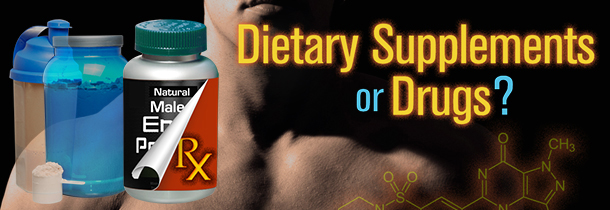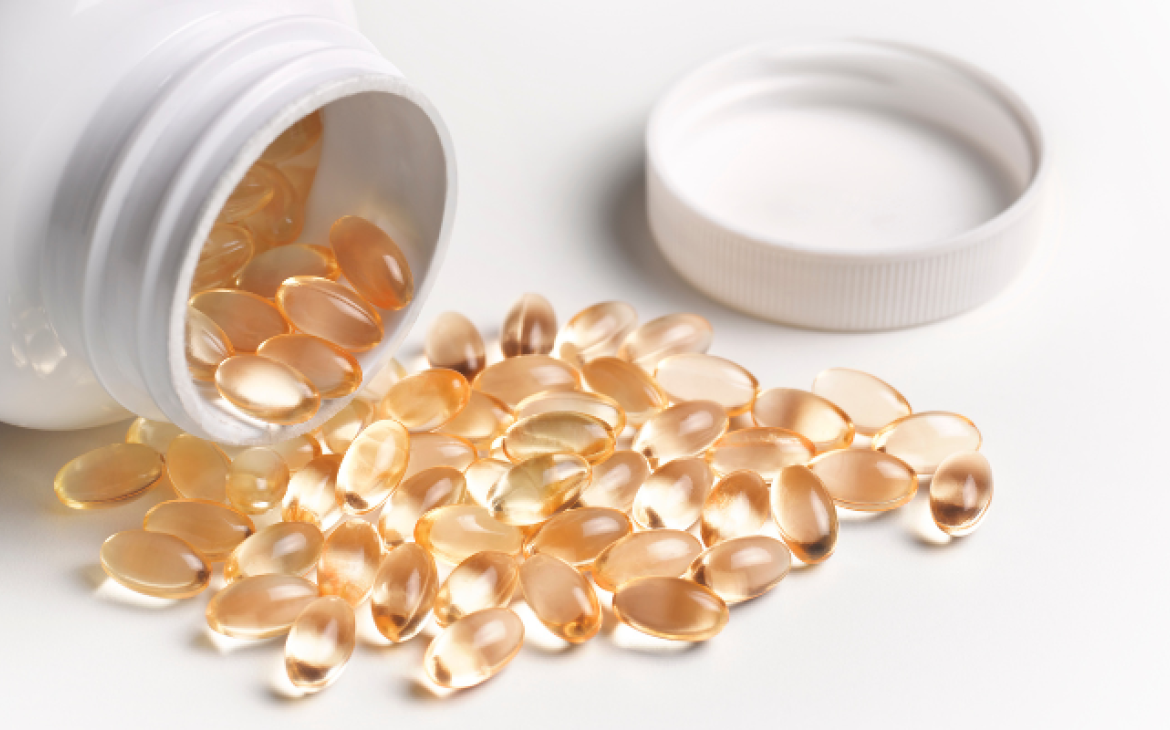
Dietary supplements are used by millions of consumers to improve health, maintain wellness, or to support a more challenging lifestyle. Sometimes the consumers seeking rapid improvement turn to “lifestyle supplements” that promise immediate and dramatic results. Some of these supplements address conditions that many regard as shameful, awkward or otherwise difficult to discuss with a physician, like sexual dysfunction or excessive weight. Others promise to improve performance in competitive sports. Supplements in these 3 categories often advertise exactly what the consumer wants: “fast-acting, no-side-effects, safe, all-natural” herbal formulae. However, unbeknownst to the supplement buyers, what many of these products actually contain are undeclared prescription drugs, or worse yet, their unapproved synthetic analogs.
USP Develops Tests to Detect Drugs and Other Adulterants
The practice of adulteration of products marketed as dietary supplements is too prevalent to be taken lightly. Within the three named categories – sexual enhancement, weight loss and sports performance enhancement – tainted supplements may actually outnumber products that are free from pharmaceuticals.
A new proposed USP General Chapter <2251> Adulteration of Dietary Supplements with Drugs and Drug Analogs, developed by the USP Expert Panel, suggests a set of analytical methodologies to detect adulterants in lifestyle supplements.
Presently, the proposed chapter focuses on detection of adulterants in products marketed as sexual enhancement supplements. Adulterated products in this category can be especially dangerous to unsuspecting consumers.
Dietary Supplements Adulterated with Drugs Pose a Grave Threat to Public Health
Consumers sometimes choose supplements because they want a “safe” and “natural” alternative to drugs that are contraindicated for health reasons – such as a heart condition. Almost exclusively, FDA-approved erectile dysfunction medications are phosphodiesterase type 5 (PDE5) enzyme inhibitors. This class of drugs can be fatal if taken with nitrate vasodilators like nitroglycerin. Furthermore, because these added substances are drugs, they do not meet the regulatory definition of dietary supplement ingredients and are hence illegal when added to products marketed as dietary supplements.
The illegal adulterants are likewise dangerous for consumers with no known health issues. Increasingly the compounds used to adulterate supplements with sexual enhancement claims are not just known pharmaceuticals like sildenafil (Viagra) and tadalafil (Cialis), but their analogs – chemical derivatives or cheaper synthetic intermediates. Some are drugs that have actually been withdrawn from the market due to safety concerns; many have never been tested in human subjects. Drugs with unknown toxicological properties can pose a grave threat to public health and safety.
According to Anton Bzhelyansky, the USP scientific liaison who is working with the Expert Panel on the General Chapter development, outrageous and unreasonable product claims can often serve an early indicator of fraud. “It is important for consumers to realize that the logic of using dietary supplements is quite different from that applied to prescription drugs,” explained Mr. Bzhelyansky. “If the label promises immediate and drastic improvement of a health condition, the dietary supplement may be spiked with a synthetic chemical, or it is an example of false advertisement. In the race to improved health, dietary supplements are the turtle, not a rabbit.”
Criminals Exploit Dietary Supplement Regulations to Sell Drugs
Manufacturers of dietary supplements are supposed to ensure that their products are safe and that the label information is truthful and not misleading, and most do. But unlike drugs, dietary supplement manufacturers are only required to notify the FDA if their product contains a new dietary ingredient “that has not been present in the food supply as an article used for food in a form in which the food has not been chemically altered”; they do not have to demonstrate either safety or efficacy before it is marketed in the U.S.
A few nefarious manufacturers choose to exploit the lack of market access restrictions for dietary supplements as a way to deceptively sell drugs. The drug ingredients are never declared on the label, or a deceptive “proprietary blend” terminology is being employed to confuse both consumers and regulators. Before the FDA can remove a supplement product from the market, it must first prove the product is misbranded, mislabeled or that it poses an unreasonable risk of injury to consumers.
USP Tests Will Help Identify Adulterated Products, Protect Public Health
The dietary supplement industry has repeatedly called for stepped-up enforcement and regulatory action against manufacturers illegally spiking dietary supplements with synthetic drugs. The analytical methodologies proposed in USP <2251> will help the industry and regulators identify adulterated products and prevent them from reaching consumers.
A suggestion was made for USP to refrain from referring to these adulterated products as dietary supplements altogether. However, because it is the illicit manufacturers who are identifying and marketing these products as dietary supplements, and this is the guise under which these products are presented to consumers, USP sees little alternative but to address them as such. Furthermore, until adulteration of these products has been established through confirmatory testing, there is no justification to refer to them as anything but dietary supplements.
Supplements for Weight Loss and Athletic Performance will be the Focus of Future Revisions
Proposed General Chapter <2251> was drafted by expert volunteers with extensive background in dietary supplements, pharmaceutical analysis, regulation, enforcement, as well as academic research. It was developed using USP’s transparent process and published in Pharmacopeial Forum 41(3), whereupon it underwent a 90-day public comment period that ended on July 31, 2015. USP will address all comments received before the chapter becomes official. It is anticipated that this chapter will be updated regularly. Subsequent revisions of the General Chapter will include methods to detect adulteration in the other two major adulteration categories: weight loss and sports performance enhancement.
USP <2251> is a valuable resource for dietary supplement manufacturers eager to make quality products and the regulators willing to protect public health by ensuring product quality. USP encourages interested parties to join in discussion of the chapter and use of its methodologies at the Workshop on Adulteration and Fraud in Food Ingredients and Dietary Supplements, December 3–4, organized by USP, American Botanical Council and National Center for Food Protection and Defense.


